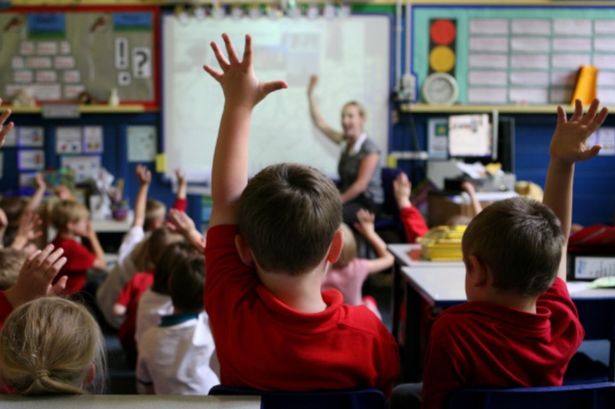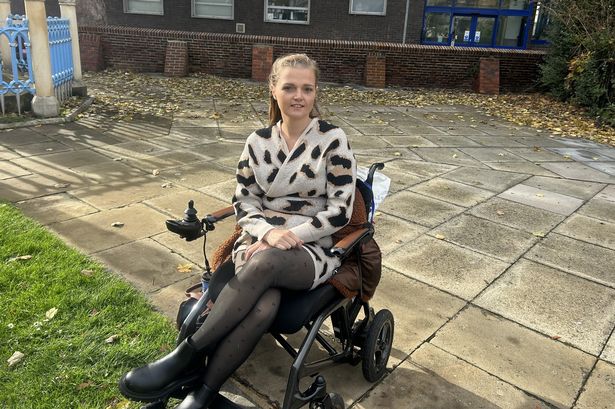The Labour Party has announced ambitious reforms to the school curriculum in England, aimed at equipping students with essential life skills for a rapidly evolving world. Education Secretary Bridget Phillipson outlined plans for significant changes, including lessons on financial literacy, online safety, and the importance of media literacy. These reforms are set to be implemented starting in September 2028, with the final curriculum expected to be published in spring 2027.
Phillipson emphasized that the revamped curriculum will not only focus on academic subjects but also prepare students for real-world challenges. “These reforms strengthen, not replace, core subjects,” she stated. The new curriculum will cut duplication while concentrating on key areas such as literacy, numeracy, and practical skills necessary for modern life.
Online Safety and media literacy will play a crucial role in the new curriculum. Phillipson highlighted the need for students to understand how information can be manipulated online. She stated that pupils will be taught to “recognize and reject disinformation” and engage critically with the material they encounter.
Financial education is another cornerstone of the new curriculum. From primary school onwards, children will learn about managing money, making informed choices about saving and investing. This initiative has garnered support from financial experts like Martin Lewis, founder of MoneySavingExpert.com, who has long advocated for compulsory financial education in schools.
The government plans to enhance citizenship education across the curriculum to ensure that young people feel connected to the democratic process. This includes understanding constitutional principles and the implications of global challenges, such as climate change.
The controversial English Baccalaureate (Ebacc) will be abolished under these reforms. Initially introduced by former Education Secretary Michael Gove, the Ebacc assessed schools based on the number of students taking core subjects, which critics argue negatively impacted broader educational experiences.
The Department for Education (DfE) has committed to ensuring that the curriculum reflects the rich diversity of British history, specifically including British Black and Asian history, while continuing to highlight significant events such as the Holocaust in key stage 3 education.
A new core enrichment offer will also be established, providing every student access to a variety of experiences, including arts and culture, outdoor activities, and life skills development. In secondary schools, plans are in place to reduce the time students spend on exams, potentially cutting the average time spent on GCSE tests by up to three hours.
Schools will also be encouraged to provide triple science GCSEs as standard, ensuring that students can pursue separate qualifications in physics, chemistry, and biology. Additionally, students will have the opportunity to take new vocational qualifications, termed V-levels, which aim to simplify the vocational pathway alongside A levels and T Levels.
The DfE plans to implement a new oracy framework to enhance speaking and listening skills among primary students. This initiative aims to ensure that by the end of key stage 2, pupils are confident communicators, capable of expressing themselves effectively across all subjects in secondary education.
Overall, these sweeping changes reflect a commitment to revitalizing the educational landscape in England, aiming to better prepare students for the complexities of contemporary life and the workforce.







